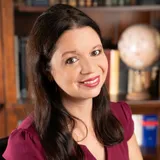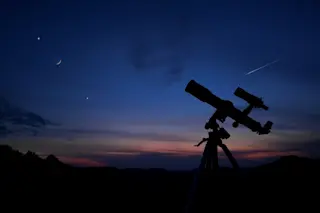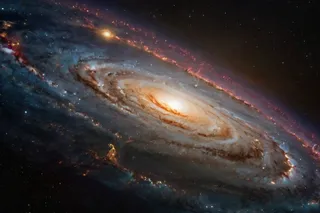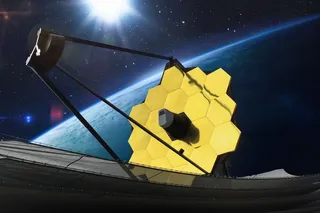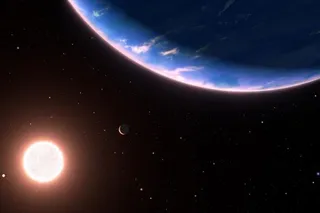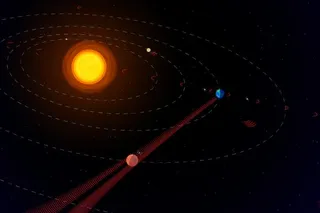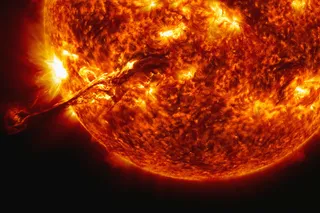In 1919, a student at the University of Cambridge had an extra ticket to a lecture being given by an astronomer who had just returned from a trip off the west coast of Africa where he observed the stars and a solar eclipse.
Cecilia Payne-Gaposchkin, then 19 years old and an undergraduate student, took the extra ticket. The lecture changed her life and inspired her to become an astronomer.
“For three nights, I think, I did not sleep,” she later wrote.
In turn, Payne-Gaposchkin changed astronomy when she proposed what the stars were made of. Although scientists would later come to accept her ideas — and even try to take credit for them — Payne-Gaposchkin faced discrimination and rejection throughout her distinguished career.
By the mid-1800s, astronomers thought the same elements that made up life on Earth also made up the stars, comets, and other planets. Advancements in telescopes allowed ...


